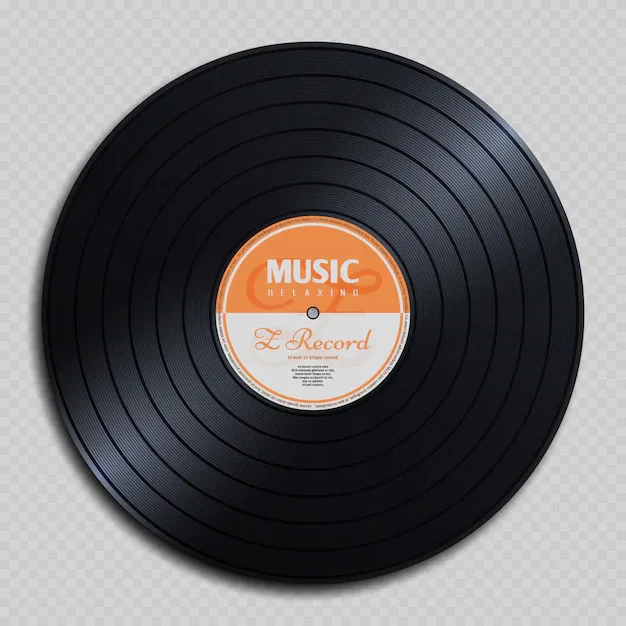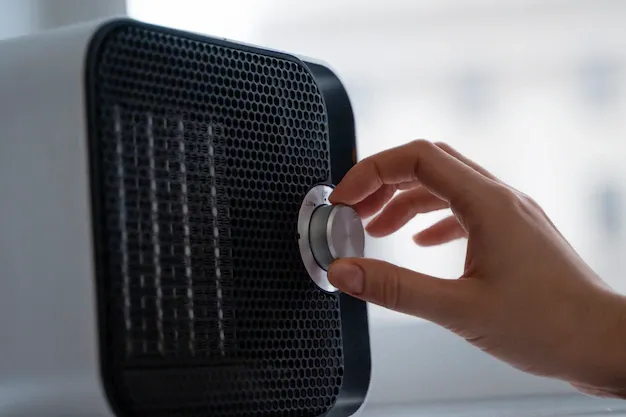
Send Inquiry
Analog vs. Digital Audio Noise Filters: Which One is Better?
In the world of sound, there's a quiet battle happening between analog and digital audio noise filters. You might be wondering, what's the fuss, and which one is the real deal? Let's dive into the noise and find out.
Advantages of Analog:
Analog audio noise filters are like the old-school guardians of sound. They work by smoothly reducing unwanted noise, much like a gentle hand guiding you through a crowded street. Picture a vinyl record spinning; analog filters handle noise with a warm touch.
The simplicity of analog filters is their charm. They don't complicate things with algorithms or digital wizardry. Instead, they rely on tried-and-true methods to keep your audio clean. It's like having a trusty sidekick that knows exactly when to step in without overthinking.
Advantages of Digital Audio Noise Filters:
On the other side of the ring, we have the digital audio noise filters. These are the tech-savvy warriors armed with algorithms and precision. Imagine them as the superheroes of sound, analyzing every bit and byte to eliminate even the sneakiest noise intruders.
Digital filters boast versatility. They can be fine-tuned to target specific frequencies, offering a surgical approach to noise reduction. If analog filters are your old friend, digital ones are the tech genius who always has the latest gadgets.
Analog vs. Digital Audio Noise Filters
Now, let's pit these two against each other in a friendly showdown.
Round 1: Sound Quality
Analog scores big in the sound quality department. Its gentle touch preserves the natural warmth of your audio, making it feel like you're in the same room as the sound source. Digital, while impressive, may sometimes lean towards a clinical, precise sound that lacks a bit of that analog charm.
Round 2: Precision
Digital filters shine in precision. They can surgically remove specific types of noise without affecting the rest of the audio spectrum. Analog, while effective, might not be as pinpoint accurate in targeting noise.
Round 3: Ease of Use
Analog takes the crown for simplicity. No need for complex settings or digital manuals – just plug in and play. Digital filters, with their myriad settings, might intimidate the casual user.
Conclusion
Choosing between analog and digital audio noise filters ultimately depends on your preferences and needs. If you cherish simplicity and a touch of vintage warmth, go analog. For those who crave precision and advanced features, digital is the way to go.
In the end, whether you opt for the analog's comforting embrace or the digital's technological prowess, both have their place in the audio world. It's not about which is better; it's about finding the harmony that suits your ears.


